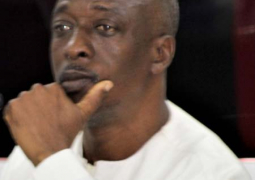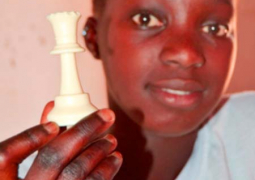Over the years before and since independence, party politics has been the cause of acrimonious feuds between individuals and families.
We have heard of how blossoming relationships between brothers and friends have degenerated into the most unenviable of experiences, all because of people’s inability to put up with dissenting opinion from each other.
Considering the fact that The Gambia is a close-knit society of peace-loving people, such a scenario is saddening in that it paints a picture that is grossly unrepresentative of the typical Gambian psyche.
Naturally, therefore, we are forced to figure out a solution to this hostile atmosphere that threatens to permeate the minds of overzealous political activists.
We must accept the fact that every Gambian, irrespective of status, has the right to support or vote for his or her party of choice.
Politics should not, therefore, be allowed to polarise our society, and make us become enemies.
As the presidential election draws nearer, we would like to remind politicians and supporters of both camps not to use tribal or ethnic issues against each other, especially now that they are all over the country canvassing for votes.
As we have said over and over in this column, politicians should rather sell their party manifestoes or the programmes they intend to embark on if voted into the high office.
Politics come and go, but our very existence as one big Gambian family remains the same.
We should at all times respect each other’s views, as guaranteed by the laws of the land.
In any case, what the Gambian people want is a government that will create the enabling environment for their prosperity, nothing more nothing less.
Moreover, violence has no place in our society and we, therefore, appeal to all Gambians to conduct their campaign and the election in an atmosphere of peace and tranquility.
For, at the end of the day, it is the Gambian people that matter.
“One day the don’t-knows will get in, and then where will we be?”
Christopher Adama



